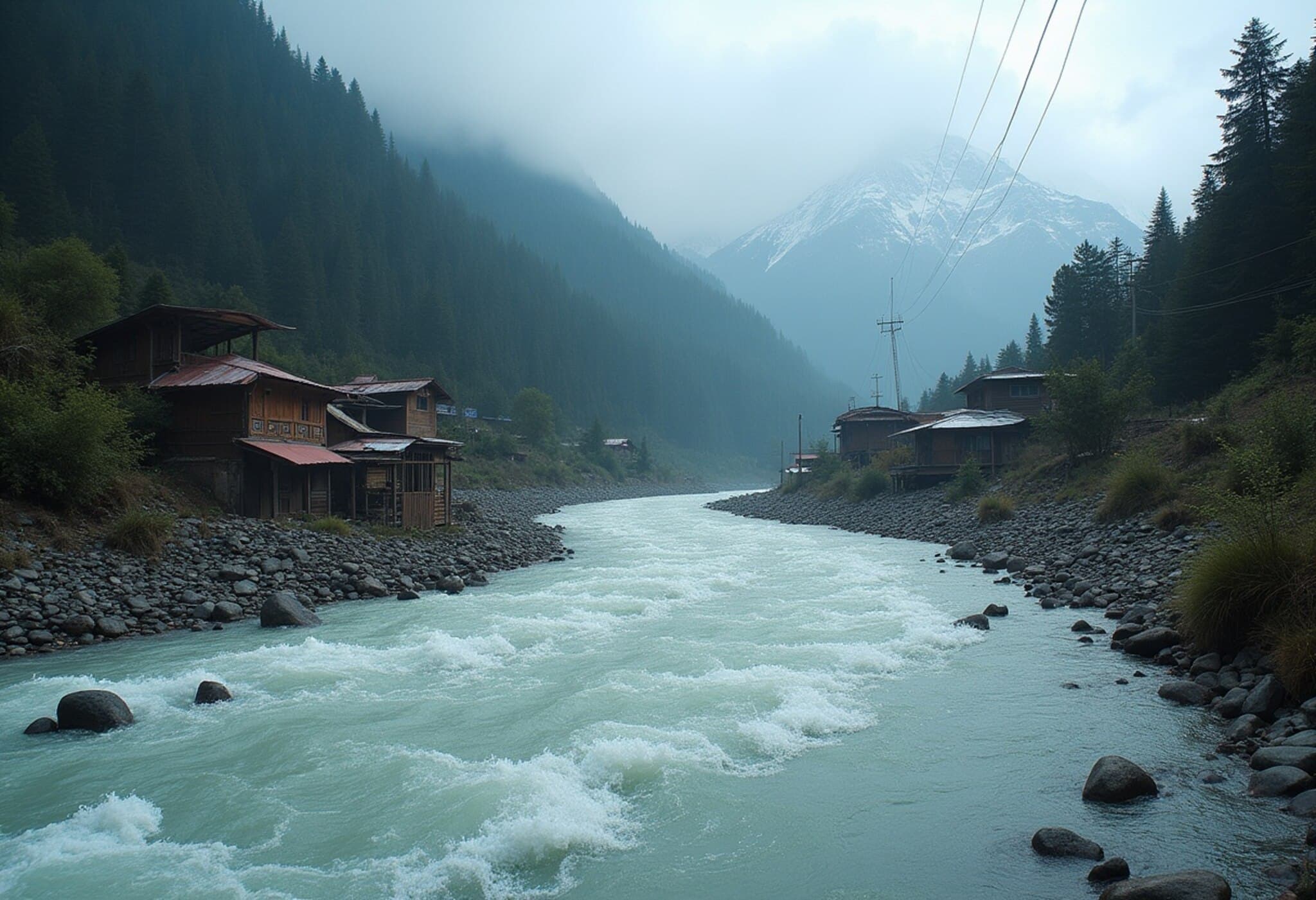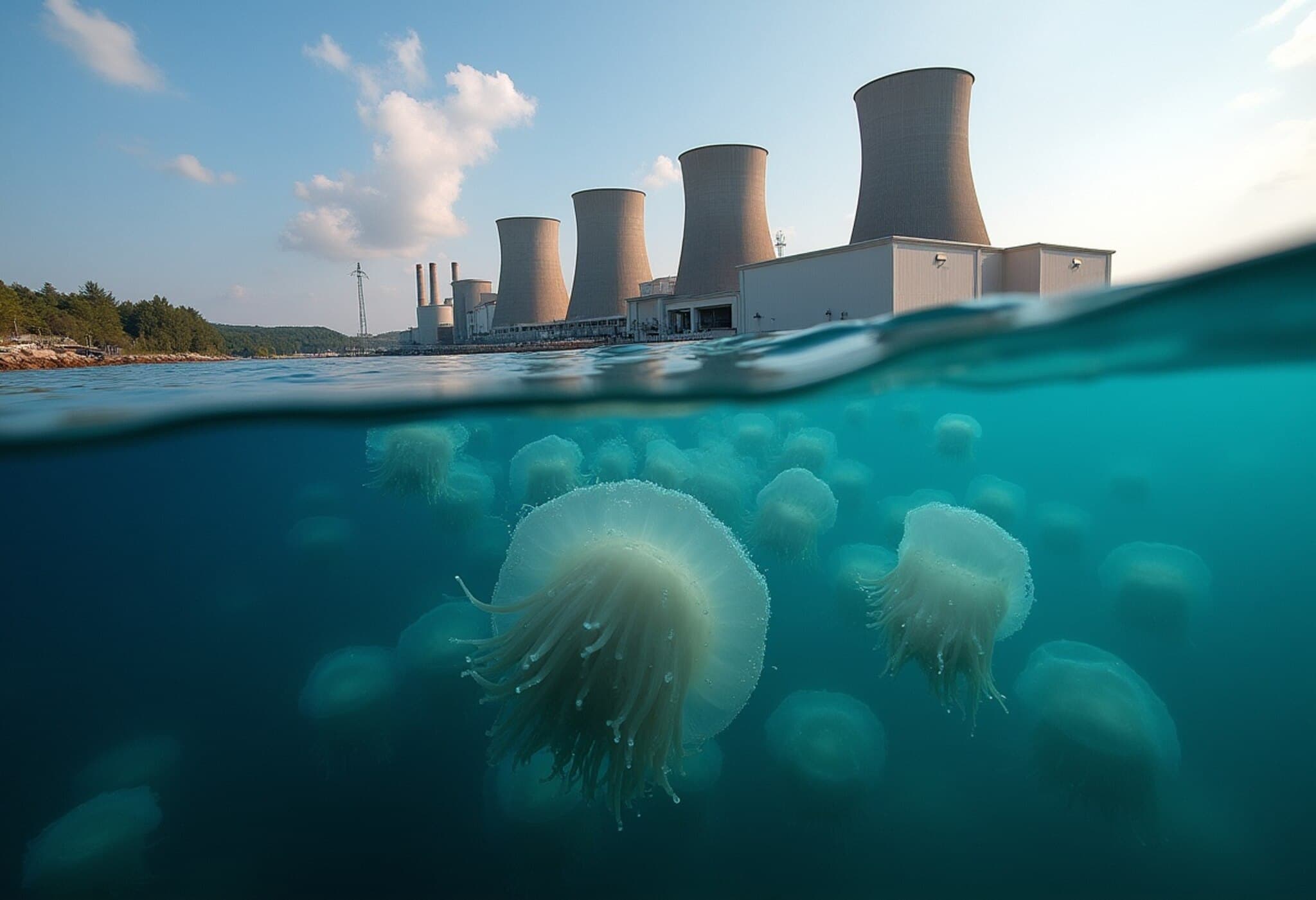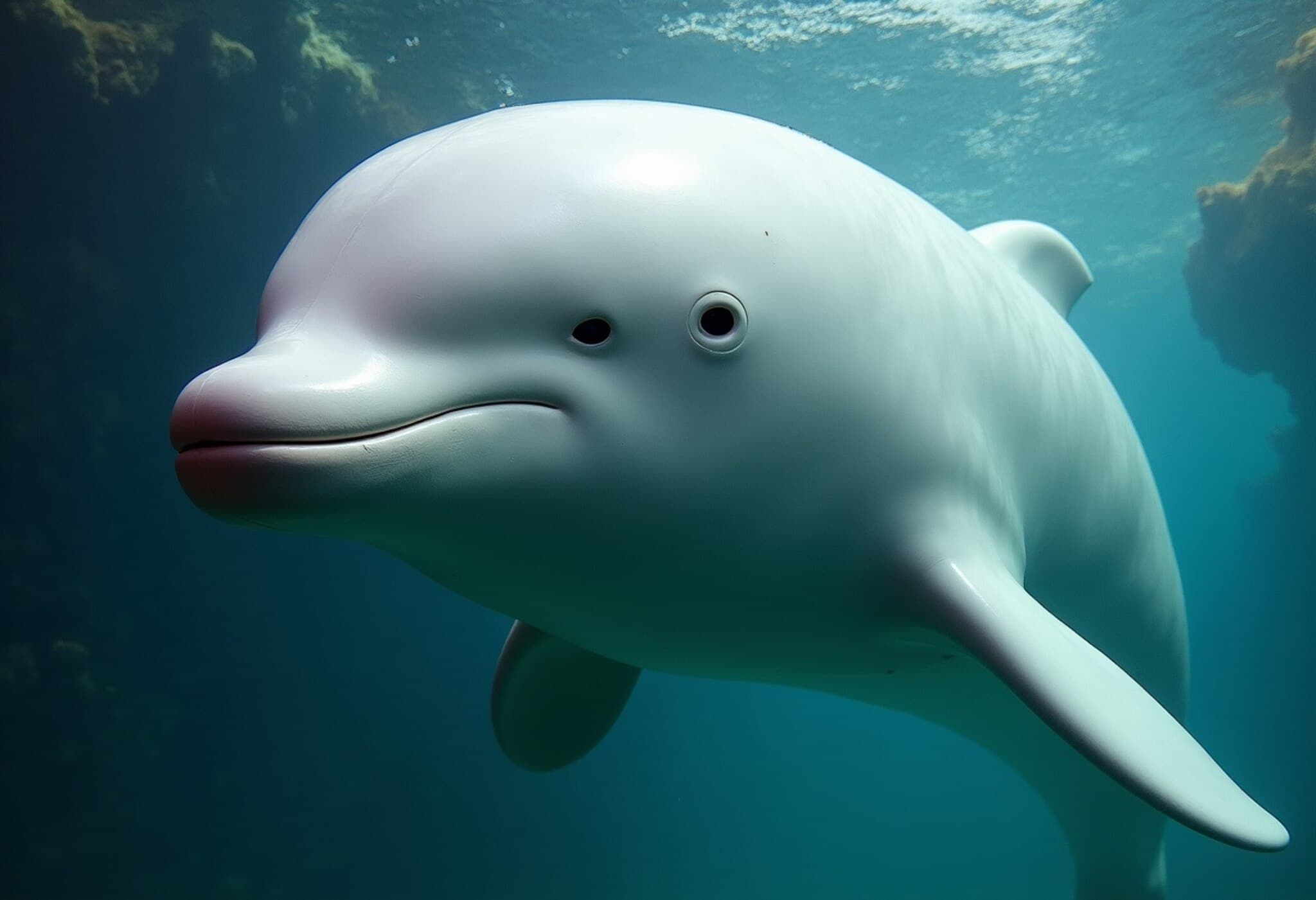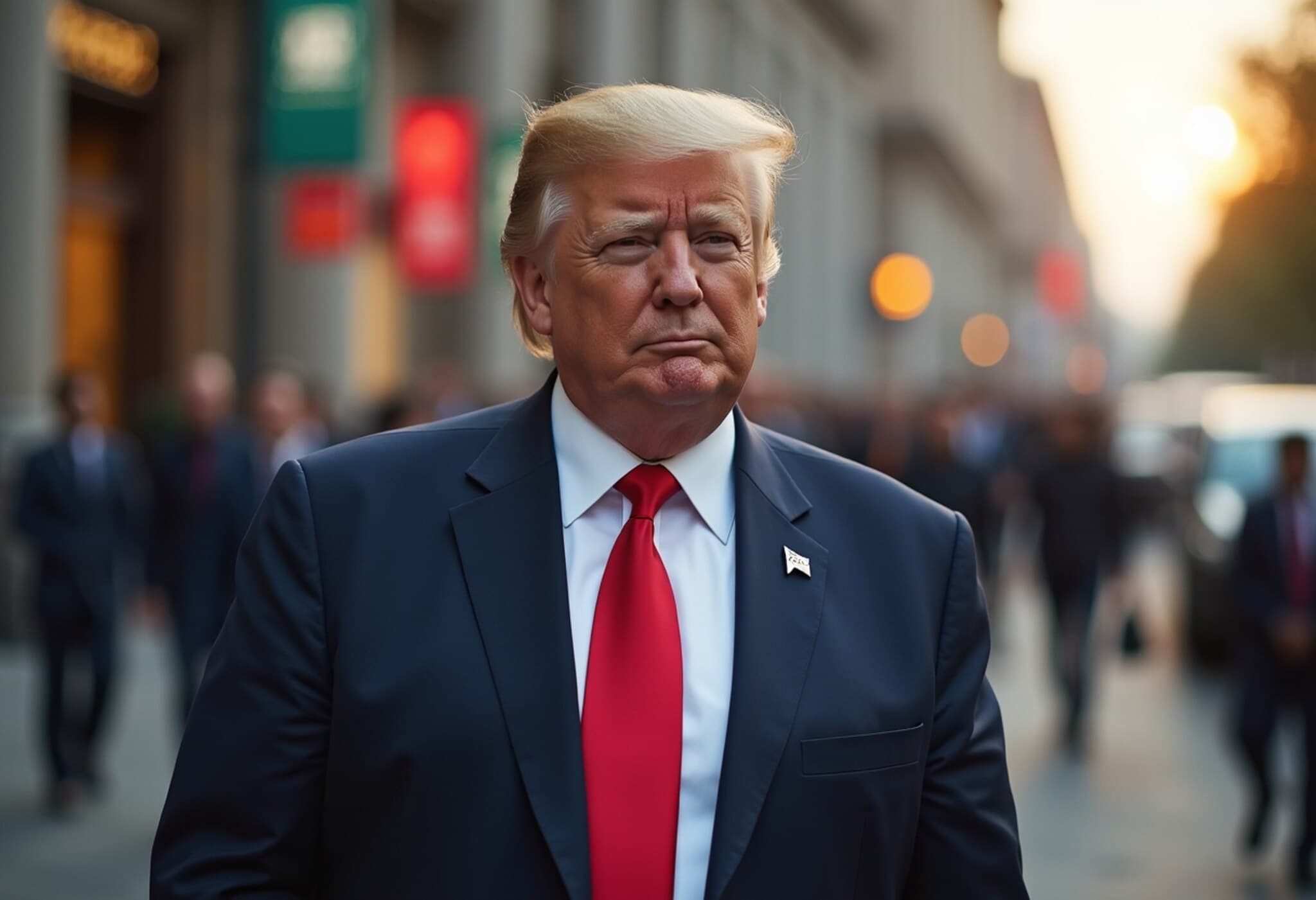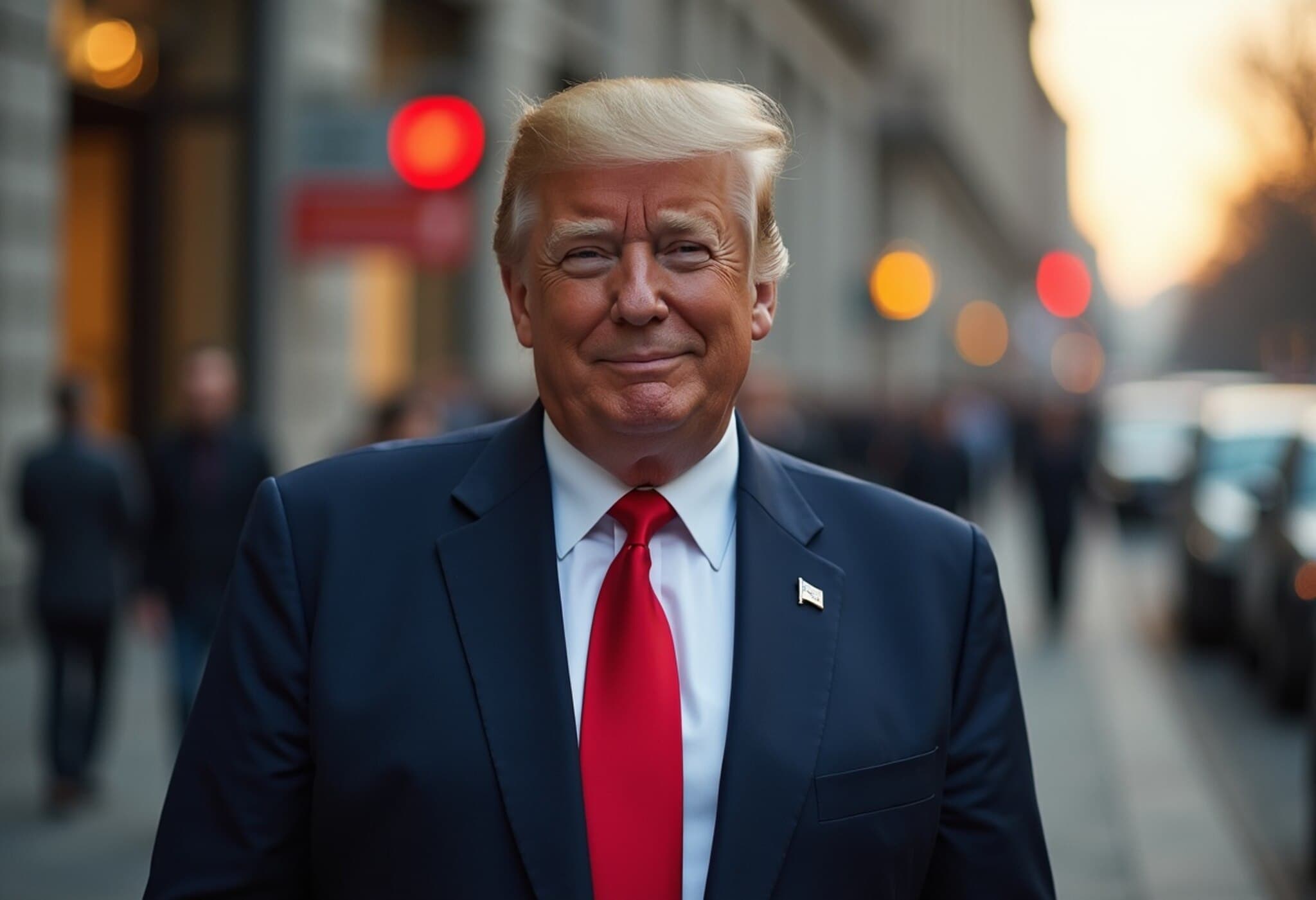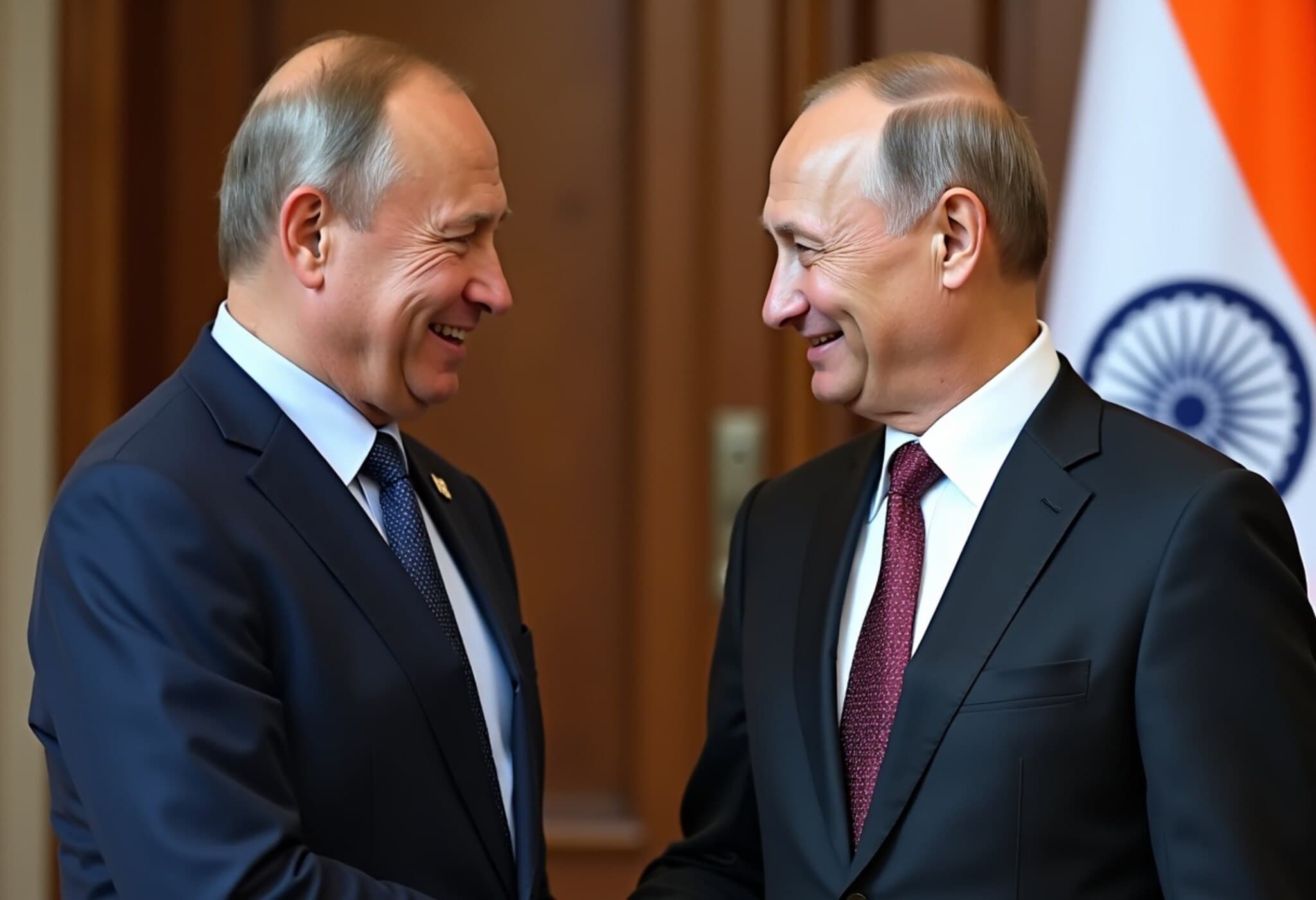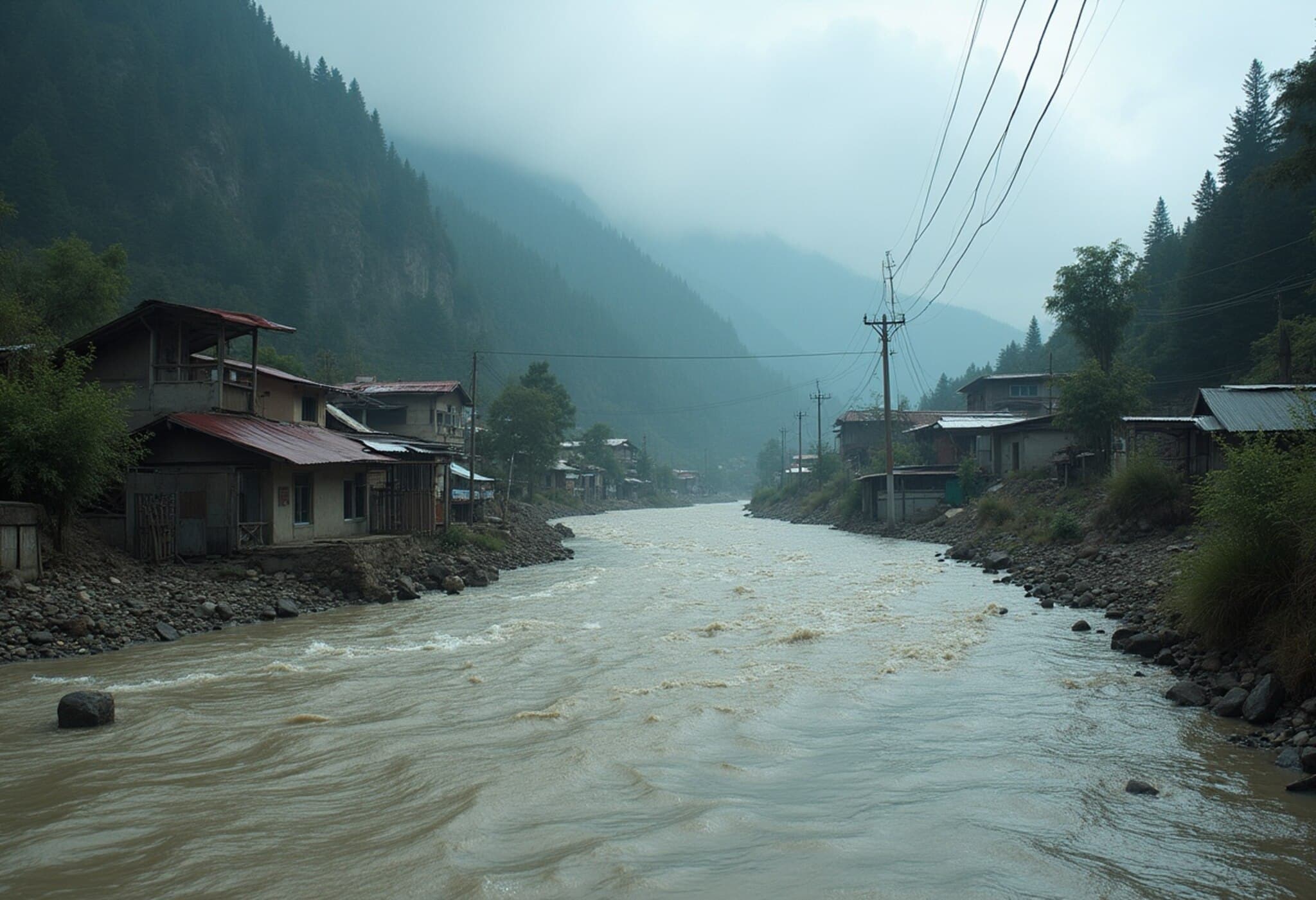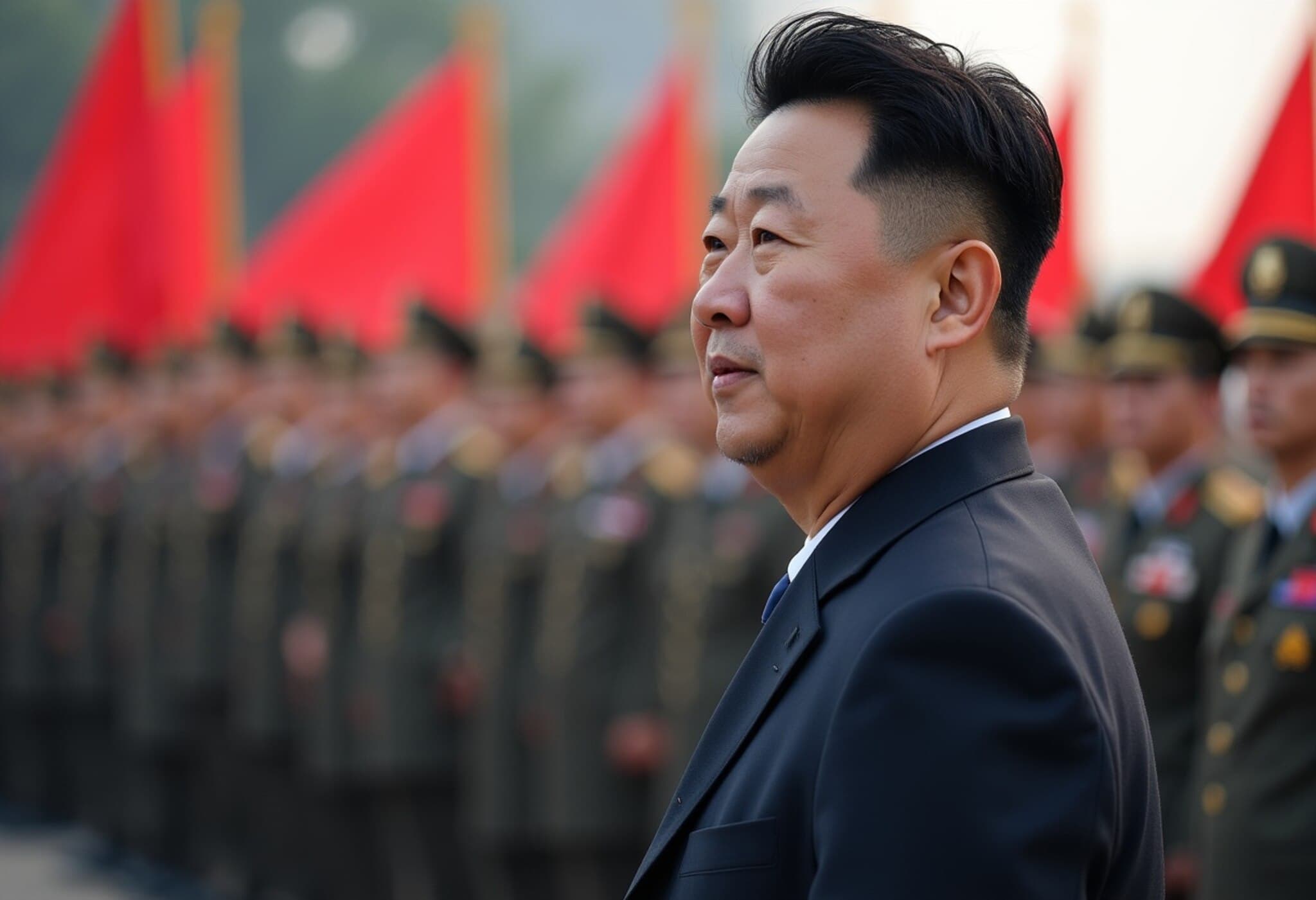Deadlock in Geneva: Global Plastic Pollution Treaty Talks Collapse
After nearly two weeks of intense negotiations at the United Nations headquarters in Geneva, the ambitious talks on a global plastics treaty to tackle the escalating plastic pollution crisis have once again fallen apart. The conference, involving representatives from 184 countries, was adjourned without consensus, underscoring the deep divisions that persist among nations on how to meaningfully address plastic pollution.
The Crux of the Impasse: Lifecycle Approach vs. Waste Management
The fundamental disagreement centers on whether the treaty should adopt a broad, lifecycle approach targeting the entire spectrum of plastic production, chemical use, product design, consumption, and pollution management — or if it should focus narrowly on waste and pollution alone. This division reflects contrasting priorities, with some countries pushing for stringent, binding cuts in plastic production and chemical content to prevent pollution upstream, while others remain wary of measures that might disrupt economic interests linked to oil and petrochemical sectors.
Chair’s Drafts and Diplomatic Diplomas
Diplomat Luis Vayas Valdivieso of Ecuador, chairing the negotiations, offered two versions of treaty drafts. The initial draft was criticized widely for its failure to define plastics clearly or propose concrete reductions in production. The revised draft, incorporating stronger language recognizing the “unsustainable” levels of plastic consumption and advocating for control over hazardous chemicals, gained slightly more traction but still failed to secure unanimous agreement.
India’s Position: Upholding National Sovereignty and Flexibility
India aligned itself with an oil-producing bloc led by Kuwait, emphasizing that the treaty negotiations should proceed based on consensus rather than majority rule. Joint Secretary Neelesh Sah from India’s Ministry of Environment, Forest and Climate Change stressed the importance of respecting national circumstances and cautioned against any global mandate that would impose blanket phase-outs or chemical bans at this nascent stage.
“We believe that the treaty instrument must allow countries the flexibility to implement measures in accordance with their own capabilities and priorities,” Sah stated, reflecting concerns about economic development and the country's reliance on plastics for various sectors.
The High Ambition Coalition and Calls for Stronger Action
Opposing India and its allied countries is the “High Ambition Coalition” (HAC), a group of nearly 80 countries including Norway, France, the UK, and Canada. These nations advocate for a legally binding instrument tackling plastics’ entire lifecycle, stressing the urgent need for production caps and chemical regulations to prevent further environmental harm.
Jessika Roswall of the European Union expressed disappointment yet optimism, calling the Geneva session a foundation for future negotiations that must tackle consumption, chemicals, and unsustainable production.
Expert Insight: The Stakes and Implications for Global Environmental Policy
Dharmesh Shah, a public policy analyst at the Center for International Environmental Law, highlighted a troubling dynamic where smaller coalitions demanding consensus effectively empower the least ambitious parties, delaying critical action. He urged influential nations like India, with both capacity and leadership potential, to champion bold measures that reflect scientific consensus on plastic pollution and human health risks.
The ongoing stalemate calls into question whether geopolitical interests and economic dependencies on petrochemicals will continue to override global environmental commitments, potentially leaving billions vulnerable to the cascading consequences of plastic pollution.
Broader Context: The Road Ahead for Global Plastic Governance
The UN Environment Assembly’s resolution from 2022 to develop a legally binding treaty was a landmark moment, yet the slow-moving and fractious talks reveal the complexities of global environmental governance. With plastic production projected to surge by 70% by 2040 according to OECD forecasts, the urgency for an effective treaty is undeniable.
The upcoming resumed sessions must navigate economic concerns, equity between developed and developing nations, and scientific imperatives if a meaningful global response to plastic pollution is to emerge.
Editor’s Note
The collapse of the plastics treaty negotiations in Geneva encapsulates the profound challenge of aligning global environmental governance with diverse economic interests and national priorities. India’s insistence on safeguarding national prerogatives raises critical questions about how developing economies can balance sustainable development with pollution control. Meanwhile, the stalemate spotlights the urgency of innovative diplomatic strategies to break deadlocks, potentially redefining consensus in multilateral environmental diplomacy. Will the resumed talks break these entrenched divisions, or will the status quo continue to undermine the global fight against plastic pollution?


